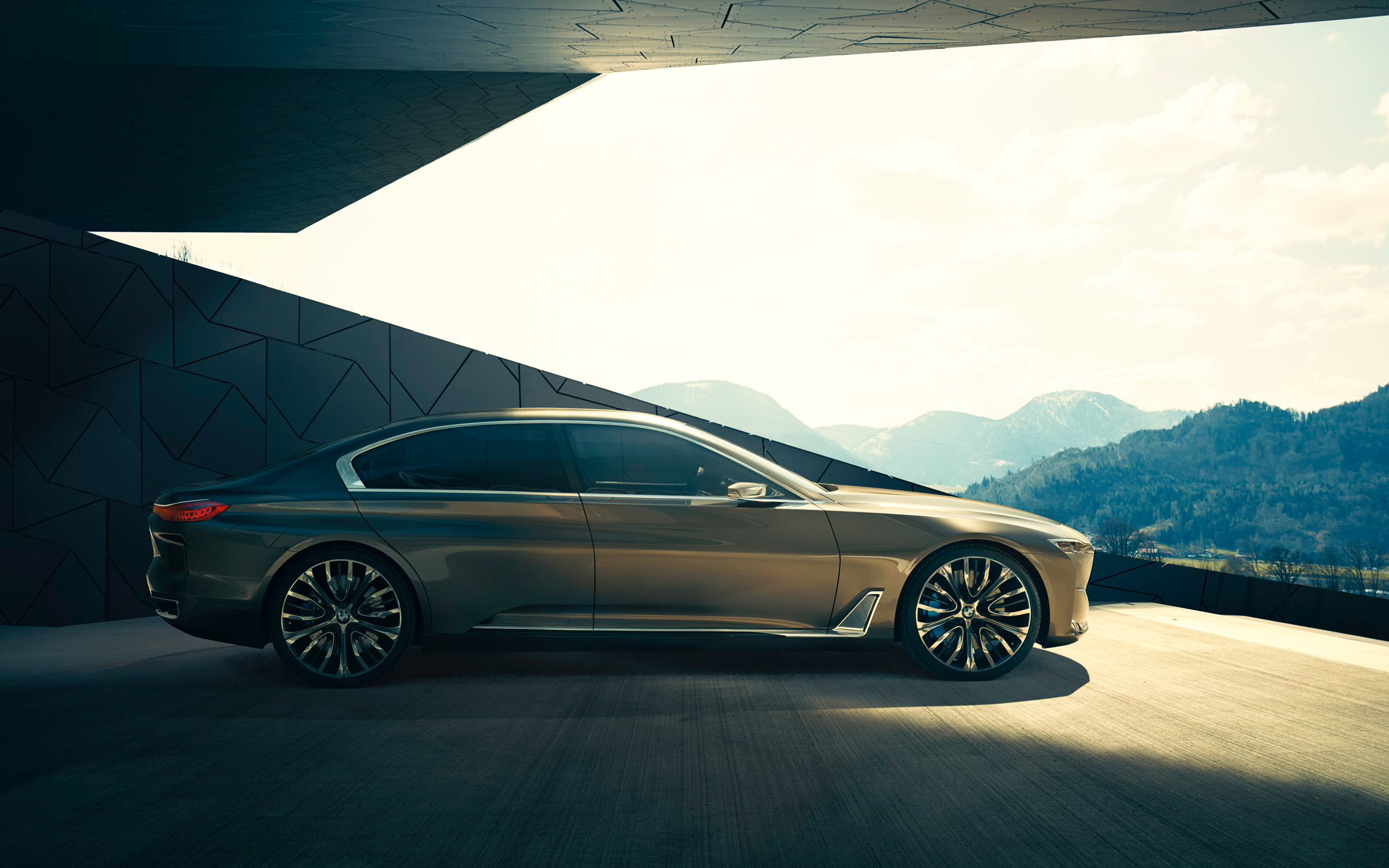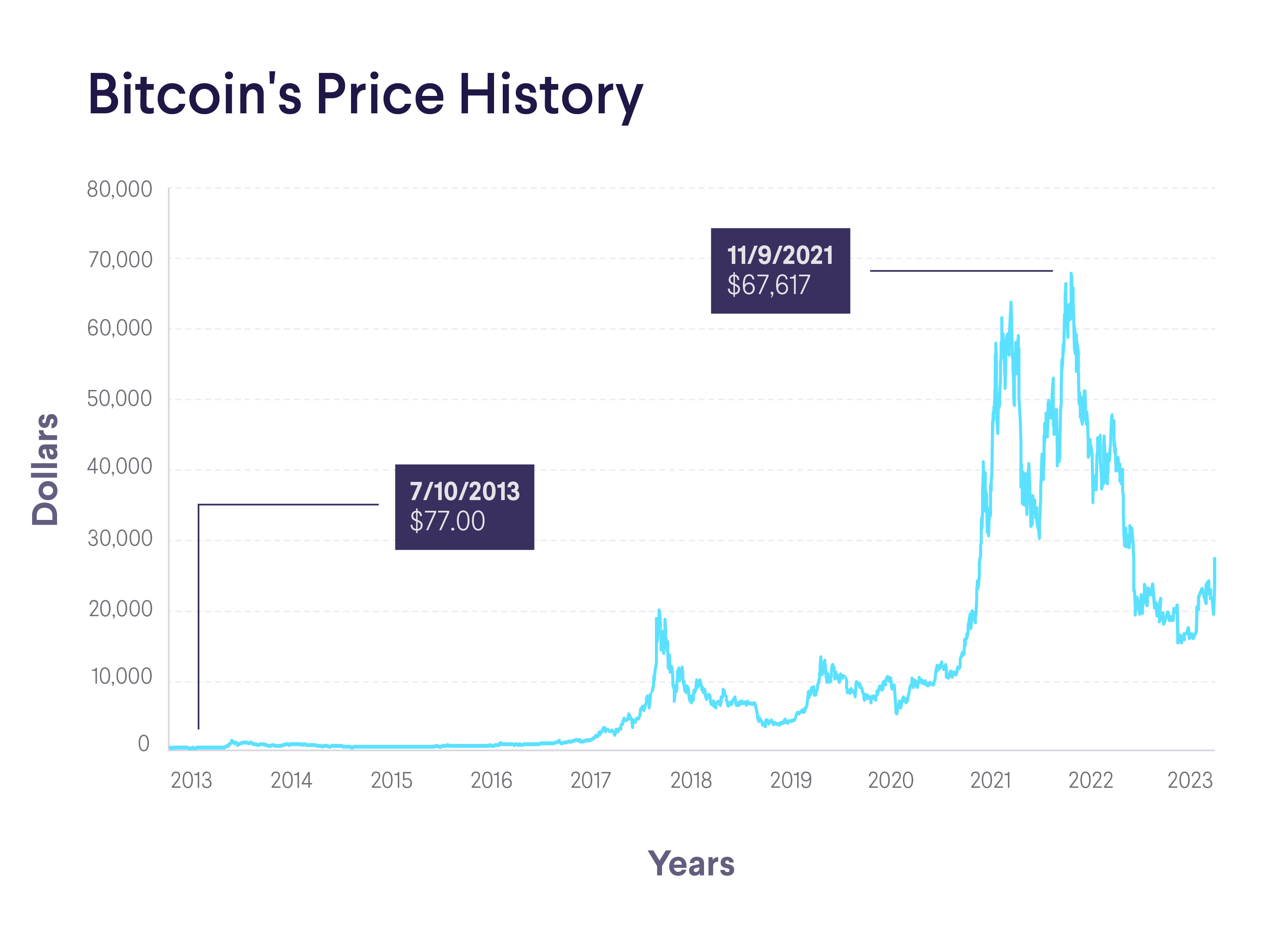China Market Headwinds: BMW, Porsche, And The Future Of Luxury Auto Sales

Table of Contents
Economic Slowdown and Shifting Consumer Sentiment
China's economic slowdown is significantly impacting luxury car purchases. Decreased consumer confidence and reduced disposable income are leading to a more cautious approach to high-value spending. The once-unwavering demand for luxury goods is waning as consumers prioritize essential spending and become more price-sensitive. This shift in the Chinese economy directly translates to the luxury car market.
- Declining GDP growth impacting high-end purchases: Slower economic growth directly reduces the number of individuals with the financial capacity for luxury car purchases.
- Increased uncertainty among potential luxury car buyers: Economic uncertainty leads to postponed purchasing decisions as consumers wait for a clearer economic outlook.
- Shift in consumer preferences towards more value-oriented options: Consumers are increasingly scrutinizing price-to-value ratios, favoring brands offering competitive features at more affordable price points.
- Impact of government policies on luxury goods consumption: Government policies aimed at curbing excessive spending on luxury items further dampen demand.
Increased Competition from Domestic Brands
The rise of Chinese auto brands like BYD, Nio, and Xpeng is dramatically reshaping the competitive landscape. These domestic manufacturers are leveraging technological advancements, particularly in the electric vehicle (EV) sector, and aggressive pricing strategies to capture market share. Their growing brand recognition, particularly amongst younger Chinese consumers, poses a substantial threat to established luxury players.
- Rapid technological advancements in domestic EV production: Chinese manufacturers are rapidly innovating in battery technology, autonomous driving features, and connected car services.
- Aggressive pricing strategies from Chinese manufacturers: Domestic brands often offer comparable features at significantly lower prices than their international counterparts.
- Growing brand loyalty towards domestic brands amongst younger consumers: Younger generations in China increasingly favor homegrown brands, fostering a sense of national pride and supporting local innovation.
- Increased sophistication and quality of Chinese-made vehicles: The quality and sophistication of Chinese-made vehicles have improved dramatically, eroding the perceived quality advantage of many international brands.
The Rise of Electric Vehicles (EVs) and the Transition Challenge
The rapid adoption of EVs in China presents both an opportunity and a significant challenge for luxury automakers like BMW and Porsche. While the transition to EVs is crucial for long-term sustainability and market relevance, it requires substantial investment in new technologies, production facilities, and charging infrastructure. The competition from Chinese EV startups, which often specialize in cutting-edge EV technology, further intensifies the pressure.
- Government incentives pushing EV adoption: Government subsidies and policies promoting EV adoption are driving rapid market growth.
- Need for significant investment in EV charging infrastructure: The widespread adoption of EVs requires a robust and reliable charging network, demanding substantial investments from both the government and private sector.
- Competition from Chinese EV startups specializing in technology: Chinese EV startups are often at the forefront of technological innovation, presenting strong competition to established players.
- Challenges in balancing ICE vehicle sales with EV transition: Luxury automakers face the complex challenge of managing the transition from internal combustion engine (ICE) vehicles to EVs while maintaining profitability.
Supply Chain Disruptions and Geopolitical Factors
Global supply chain disruptions, exacerbated by the ongoing global chip shortage, and geopolitical uncertainties significantly impact the production and distribution of luxury vehicles in China. These external factors create unpredictable challenges, increasing production costs and potentially impacting sales volume.
- Impact of the global chip shortage on production capacity: The ongoing global chip shortage limits production capacity, delaying vehicle deliveries and potentially affecting customer satisfaction.
- Increased logistical costs due to supply chain disruptions: Disruptions to global supply chains increase logistical costs, affecting the overall profitability of luxury vehicle sales.
- Geopolitical tensions influencing investment decisions: Geopolitical instability and trade tensions create uncertainty, potentially influencing investment decisions and market outlook.
Conclusion
The Chinese luxury auto market is undergoing a dramatic transformation. China market headwinds, including economic slowdown, intensified competition from domestic brands, the rapid rise of EVs, and global uncertainties, present significant challenges for established players like BMW and Porsche. Maintaining market share requires a deep understanding of these evolving dynamics and a proactive strategy to adapt to this rapidly changing landscape. Understanding the nuances of the China market headwinds is crucial for any luxury automaker looking to succeed in this vital market. Further research and adaptation to these evolving dynamics are key to navigating the future of luxury auto sales in China. Stay informed on the latest developments in the Chinese automotive market to make informed strategic decisions.

Featured Posts
-
 Bitcoin Btc Price Surge Trumps Actions And Fed Influence
Apr 24, 2025
Bitcoin Btc Price Surge Trumps Actions And Fed Influence
Apr 24, 2025 -
 Rocket Launch Abort Blue Origin Cites Subsystem Failure
Apr 24, 2025
Rocket Launch Abort Blue Origin Cites Subsystem Failure
Apr 24, 2025 -
 Canada U S Border White House Notes Decrease In Apprehensions
Apr 24, 2025
Canada U S Border White House Notes Decrease In Apprehensions
Apr 24, 2025 -
 Pope Francis A Globalized Church Facing Deep Divisions
Apr 24, 2025
Pope Francis A Globalized Church Facing Deep Divisions
Apr 24, 2025 -
 Zagonetka Tarantina Razotkrivanje Filma S Travoltom Kojeg Izbjegava
Apr 24, 2025
Zagonetka Tarantina Razotkrivanje Filma S Travoltom Kojeg Izbjegava
Apr 24, 2025
